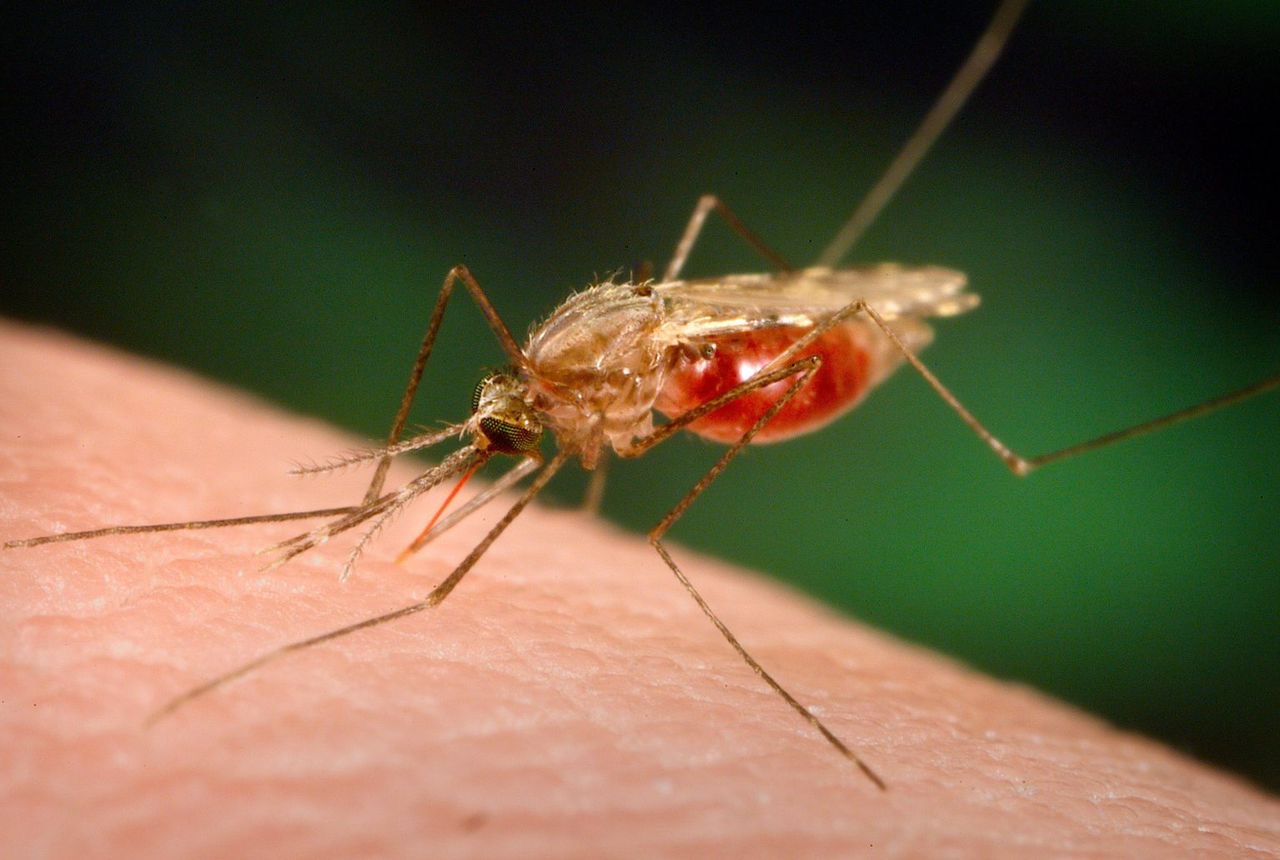SHIFELA JOHANNESLANGUAGE HAS a multi-dimensional character. It serves as a means of communication and a carrier of culture and cultural identity.
In Africa, our forefathers have preserved it through communicating with our grandparents in our native languages, telling stories, and cultural practices.
This is no longer the case. African languages are dying as we bury our elders. May their souls rest in eternal peace (oomwenyo dhayo nadhi vululuwe nombili). Parents (more especially the urban ones) and children are more interested in learning and communicating in foreign languages, usually at the expense of their mother tongues. This is due to various reasons such as a negative attitude towards their own language, a lack of understanding, and a lack of parental involvement.
Sadly, too many people have a negative attitude towards their first language. Some see other languages such as English as superior.
As a result, they hardly communicate with their children in their first language. Children are imitators. Hence, they too barely use their mother tongue and eventually stop communicating with family and peers in their native languages. In the end, children tend to grow up having poor vocabulary acquisition in language usage.
There is also a lack of understanding about the importance of mother tongues. The fact that some pupils attending Namibian’ schools don’t have their mother tongue as a subject clearly indicates that parents and children don’t understand the value of their mother tongue.
Instead of having two languages (a predominant local language/mother tongue and English) as prescribed by The Language Policy for Schools in Namibia, they only have English or English and a foreign language, at the expense of their mother tongues.
Parental involvement plays a vital role in language acquisition. Too many parents are not taking responsibility for what their children learn. In addition, parents, especially in urban areas, don’t bother to correct their children when they mispronounce words in their native languages, nor when they use grammatically incorrect sentences.
Parents need to be involved in helping their children learn their first language – through story-telling, providing learning material, as well as assisting their children complete their first language homework. Children are too easily hampered from learning their mother tongues.
As things stand, our children will have little knowledge and experience of their first language. They don’t pronounce words correctly in their native languages and avoid the construction of difficult sentences as far as vocabulary, syntax and morphology are concerned. Slowly but surely Namibian children (will) forget their mother tongues.
The dying out of our mother tongues does not bode well for knowledge of our history, cultural heritage and cultural traditions; namely names, poetry, myths, songs and foods. Added to that, we are also losing our dignity and identity as indigenous people.
The blame should never be shifted to English as a medium of instruction. The language policy offers a 50/50 opportunity for everyone. It clearly states that a predominant language/mother tongue in a particular area shall be the medium of instruction from pre-grade to Grade 3 and as languages from Grade 4-12, while English shall be the medium of instruction and a subject from Grade 4-12.
It is high time to take our mother tongues seriously. In the long run, it will help us preserve our native languages, cultural heritage and identity.
Stay informed with The Namibian – your source for credible journalism. Get in-depth reporting and opinions for
only N$85 a month. Invest in journalism, invest in democracy –
Subscribe Now!







